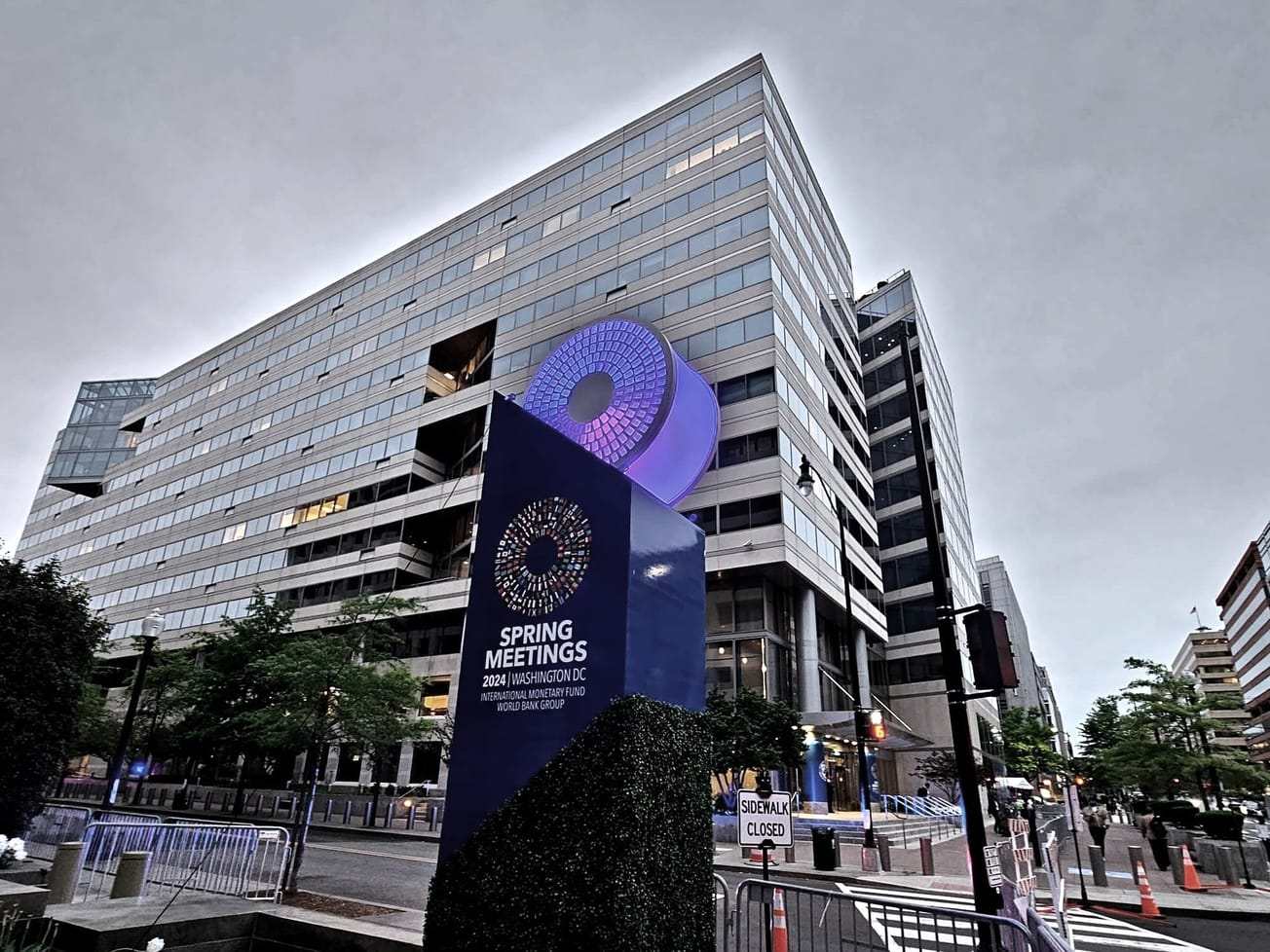The United Nations General Assembly approved its first resolution on artificial intelligence, throwing its weight behind a global drive to keep AI under control and ensure it will benefit all of humanity.
The non-binding resolution, which won unanimous backing on Thursday from the General Assembly, calls on all of the U.N.'s 193 member nations to monitor AI for risks while protecting human rights and personal data.
Proposed by the United States and co-sponsored by China and more than 120 other nations, its passage represented a moment of international cooperation overcoming geopolitical divides through science diplomacy.
"Today, all 193 members of the United Nations General Assembly have spoken in one voice, and together, chosen to govern artificial intelligence rather than let it govern us," U.S. Ambassador Linda Thomas-Greenfield told reporters after the vote.
"The groundbreaking resolution adopted today cements global consensus for safe, secure, trustworthy AI systems. Systems that both advance sustainable development, and respect fundamental freedoms," she said. "Over the last few months, we have worked with over 120 countries representing every part of the world and every level of development."
Nations have been scrambling to keep up with the lightning speed of new technology, particularly the global adoption of AI-powered technologies, and in recent months there have been growing efforts to establish more governance.
Those efforts reflect fears that AI could disrupt everything from businesses and infrastructure to democracies and the information economy. The General Assembly's resolution cites concerns about "the improper or malicious design, development, deployment and use of artificial intelligence systems, such as without adequate safeguards or in a manner inconsistent with international law."









